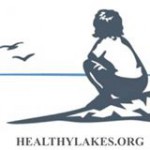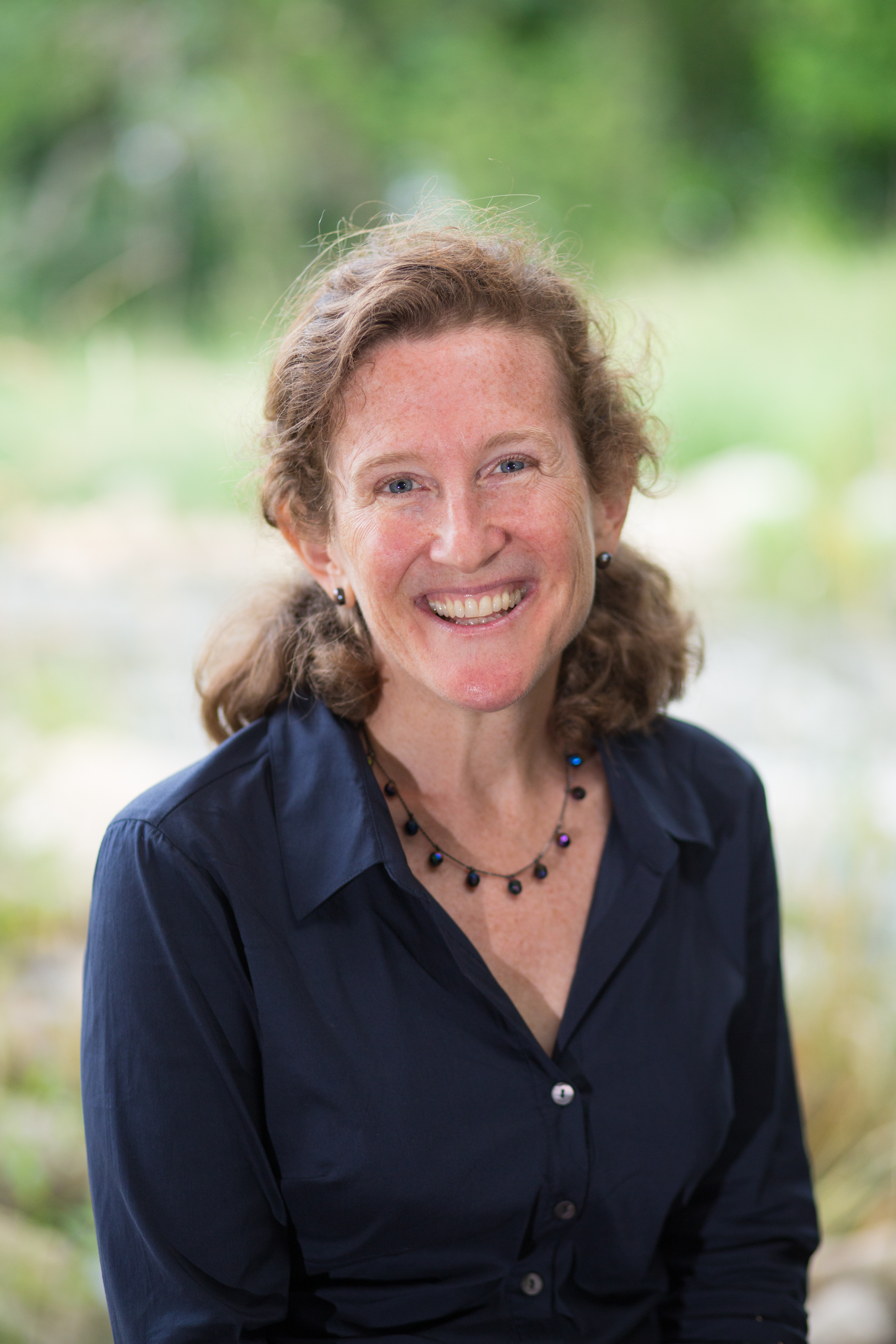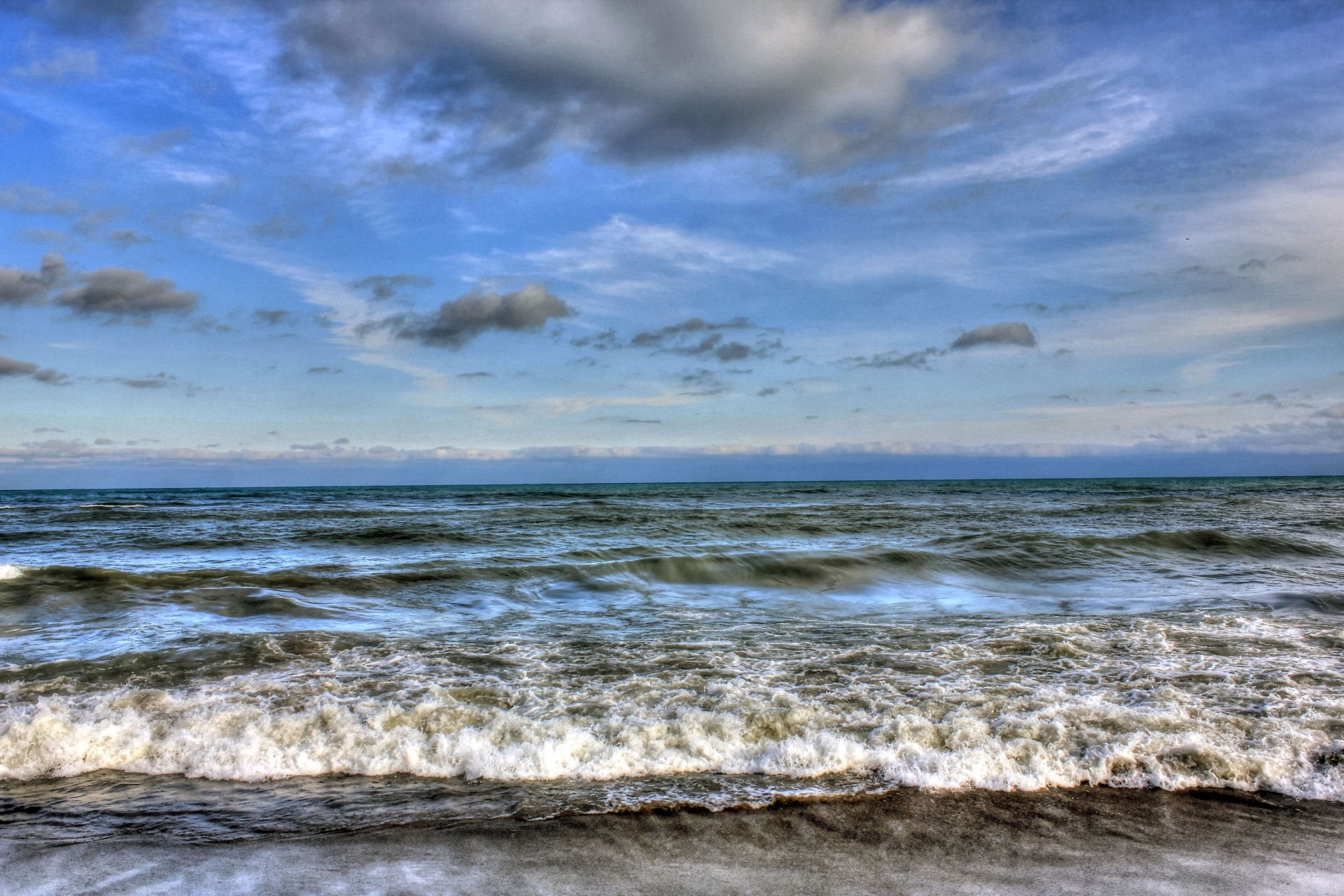Coalition Supports Clean Water Rule
Public comment period closes today on rule upholding Clean Water Act protections for streams, wetlands essential to drinking water, Great Lakes
Ann Arbor, Mich. (November 14, 2014) – Seeking to reverse a decade of uncertainty in which smaller surface waters across the country were put at risk for pollution and destruction, the Healing Our Waters-Great Lakes Coalition and 51 of its members, representing hundreds of thousands of people across the Great Lakes, today submitted comments to the U.S. EPA in support of an Obama Administration rule clarifying Clean Water Act protections to streams and wetlands. The groups hailed the rule as an essential step in the effort to protect drinking water supplies that millions of people depend on—and to restore Great Lakes streams and wetlands and, ultimately, the health of the lakes themselves.
“This rule is good for our communities, our economy, and our Great Lakes,” said Todd Ambs, campaign director for the Healing Our Waters-Great Lakes Coalition. “At a time when we’re seeing federal Great Lakes restoration investments deliver results across the region, this rule will help ensure that those gains are protected and not undermined.”
Read the Coalition’s comments and list of signatory groups at: http://bit.ly/1pVCKDH
The Obama Administration proposed the rule after two Supreme Court decisions in 2001 and 2006 created uncertainty about what types of waters the Clean Water Act had jurisdiction over—particularly small streams, intermittently flowing waters, and some wetlands. Under the proposed rule, waters that had historically enjoyed protections under the Clean Water Act would be protected once more. Public comment on the rule closes today.
Over 117 million Americans get their drinking water from surface waters. In the Great Lakes states of Minnesota, Wisconsin, Illinois, Indiana, Michigan, Ohio, Pennsylvania, and New York more than 30 million people get their drinking water from currently ambiguously protected intermittent streams. In fact, 83 percent of the population in Great Lakes states are dependent on public drinking water systems that rely on intermittent, ephemeral, and headwater streams. And without the clarity this rule provides, these streams are at risk of increased pollution and destruction because they do not flow year round.
See table at end of release showing how many people in each Great Lakes state rely on public drinking water systems relying on intermittent, ephemeral or headwater streams.
In its comments, the Healing Our Waters-Great Lakes Coalition expressed how important this rule would be to the Great Lakes ecosystem.
“Protecting waters upstream is vital to water quality downstream,” said Ambs. “Small streams and creeks flow together, eventually becoming the tributaries that make up the Great Lakes. Protecting these waters is critical to realizing the goals of the Clean Water Act and to protecting the Great Lakes. After all, it isn’t called the Partially Clean Water Act.”
The Healing Our Waters-Great Lakes Coalition consists of more than 115 environmental, conservation, outdoor recreation organizations, zoos, aquariums and museums representing millions of people, whose common goal is to restore and protect the Great Lakes. Learn more at www.healthylakes.org or follow us on twitter @healthylakes.
| State | Population reliant on public drinking water systems relying on intermittent, ephemeral or headwater streams |
| Illinois | 1.6 million people |
| Indiana | 1.7 million people |
| Michigan | 1.4 million people |
| Minnesota | 0.98 million people |
| New York | 11.0 million people |
| Ohio | 5.2 million people |
| Pennsylvania | 8.0 million people |
| Wisconsin | 0.39 million people |
|
Total |
30.3 million people |
NOTE: This press release was submitted to Urban Milwaukee and was not written by an Urban Milwaukee writer. While it is believed to be reliable, Urban Milwaukee does not guarantee its accuracy or completeness.
Mentioned in This Press Release
Recent Press Releases by Healing Our Waters - Great Lakes Coalition
Great Lakes Coalition Names Laura Rubin as Next Director
Apr 23rd, 2019 by Healing Our Waters - Great Lakes CoalitionShe will officially start on June 3, 2019.
Great Lakes Advocates in D.C. to Support Clean Water
Mar 6th, 2019 by Healing Our Waters - Great Lakes CoalitionHealing Our Waters-Great Lakes Coalition urges Congress to boost federal clean water investments to ensure safe, affordable water.
Coalition Opposes Trump Move to Weaken Clean Water Protections
Dec 11th, 2018 by Healing Our Waters - Great Lakes CoalitionHealing Our Waters-Great Lakes Coalition: Communities like Flint, Mich., still grapple with pollution. We need more – not less – protection for clean water.























